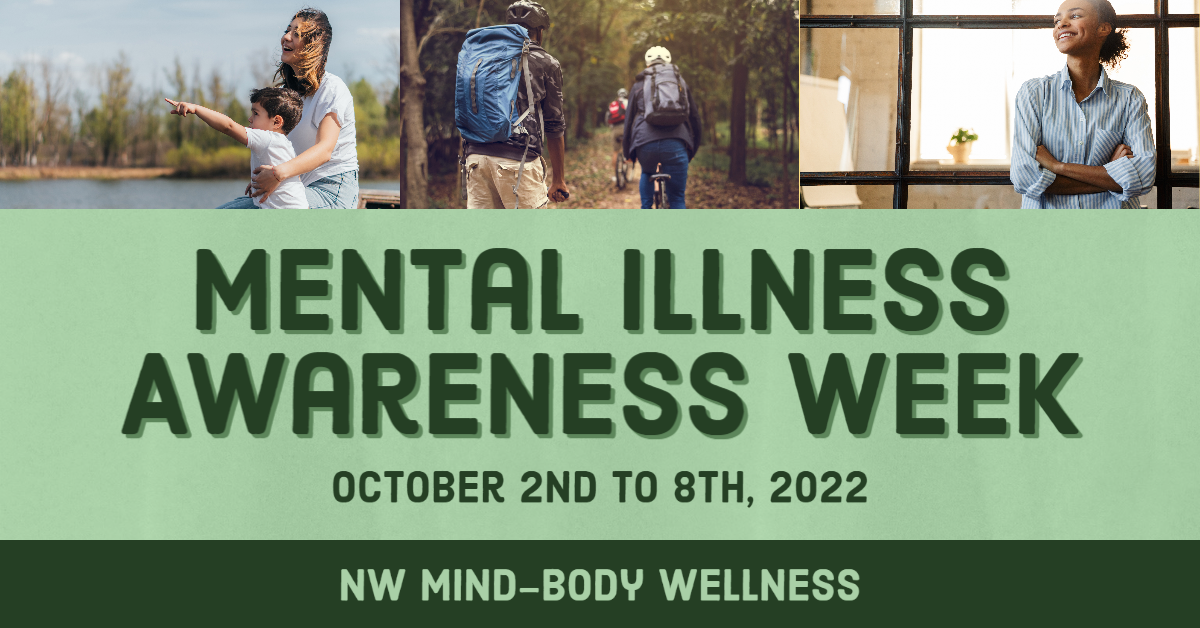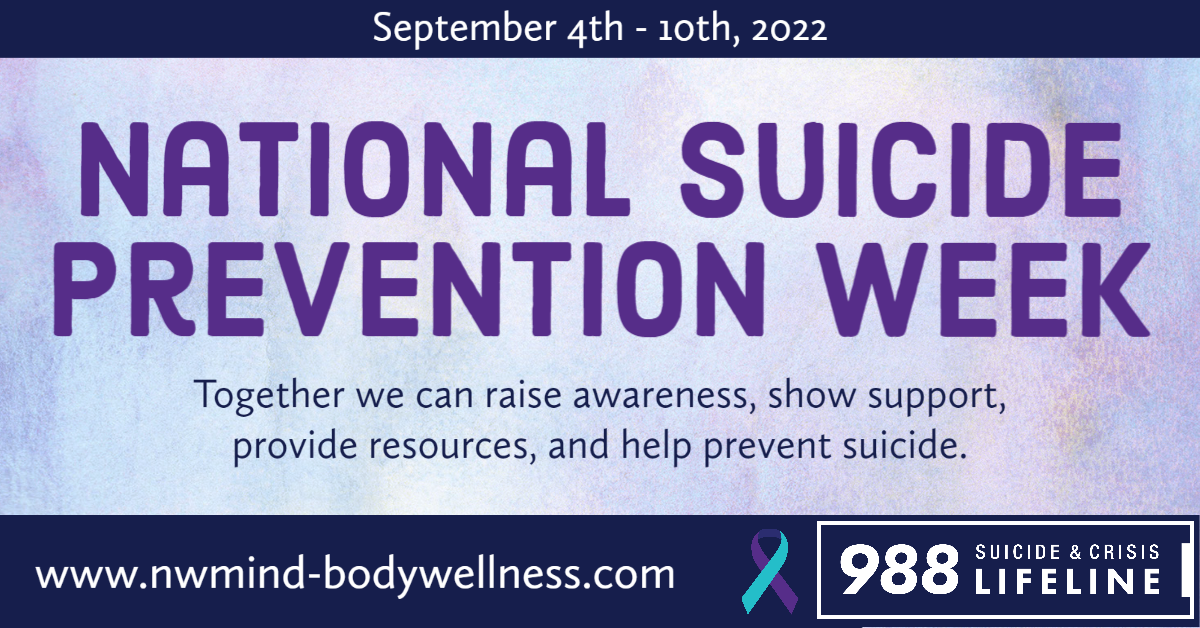Mental Illness Awareness Week
During the first week of October each year, Mental Illness Awareness Week is recognized. The week aims to help spread education on various mental illnesses, as well as provide support to those who are struggling. In 1990, Congress officially established the first week of October as Mental Illness Awareness Week (MIAW).
Millions of Americans struggle with mental illness each year. Due to the prevalence of mental illness, it is important to spread awareness and hope to those who are affected. Although help for mental illnesses is important to discuss year-round, MIAW offers an additional chance for advocates to come together to provide support.
Mental Health by the Numbers
For those struggling with a mental illness, you are not alone. It is important to understand the prevalence of mental health conditions, and the suicidal thoughts that might follow.
The following statistics on mental illness have been found by the National Alliance on Mental Illness (NAMI).
- 1 in 5 adults in the United States experience mental illness each year
- 1 in 6 of U.S. youth aged 6-17 experience mental illness each year
- 46.2% of U.S. adults with mental illness received treatment in 2020
- 11% of U.S. adults with mental illness had no insurance coverage in 2020
- 150 million people live in a designated Mental Health Professional Shortage Area
- Suicide is the 12th leading cause of death overall in the U.S (when looking at all ages)
- 12+ million U.S adults had serious thoughts of suicide (2020)
Common Warning Signs
Warning signs vary by the type of mental illness, as well as the individual. Common signs of mental illnesses include, but are not limited to:
- Feeling sad or low
- Trouble concentrating
- Irritability or strong feelings of anger
- Excessive worry or fear
- Extreme mood changes
- Distancing self from friends or family
- Changes in eating habits
- Inability to carry out daily activities or tasks
- Changes in sleeping habits
- Difficulty perceiving reality
Risk Factors
People of all ages, gender, and background can be at risk for mental illnesses. There is no single cause of mental illnesses. Although the risk factors vary, they commonly include:
- Family history of mental illness
- Traumatic experiences
- Stressful life situations
- Brain injuries
- Previous mental illnesses
- Chronic medical conditions
Treatment for Mental Illnesses
There are many forms of treatment for mental illnesses. The type of treatment varies on the type of mental illness and other factors. Many treatment options are often used together for the best results. Types of treatment for mental illnesses include, but are not limited to:
- Psychotherapy, which may also be referred to as “talk therapy.” Psychotherapy offers individuals the chance to speak with a professionally trained therapist in a safe environment, in which they can explore and better understand their feelings, behaviors, and coping skills.
- Medication may be used in the treatment of various mental illnesses. There are many different types of medications that may be prescribed. To help choose the right medication for you, it is important to speak with your healthcare provider about both the benefits and risks that a medication may cause.
- Self-care techniques can be very beneficial to help decrease the symptoms of some mental illnesses. Although practicing self-care will likely not completely rid one of their symptoms, it can often help.
Crisis Lifeline
If you or a loved one is in a crisis, it is important to get help immediately. If in danger of suicide:
- Call 911
- Go to the nearest emergency room
- Call the toll-free, 24-hour hotline of the National Suicide Prevention Lifeline at 988
Finding TREATMENT AND RESOURCES
- To learn more about mental illnesses, we recommend contacting your healthcare provider.
- To read more about mental health and Mental Illness Awareness Week, the following resources are suggested:
Return to home page: https://nwmind-bodywellness.com/
Read more articles: https://nwmind-bodywellness.com/articles/





























